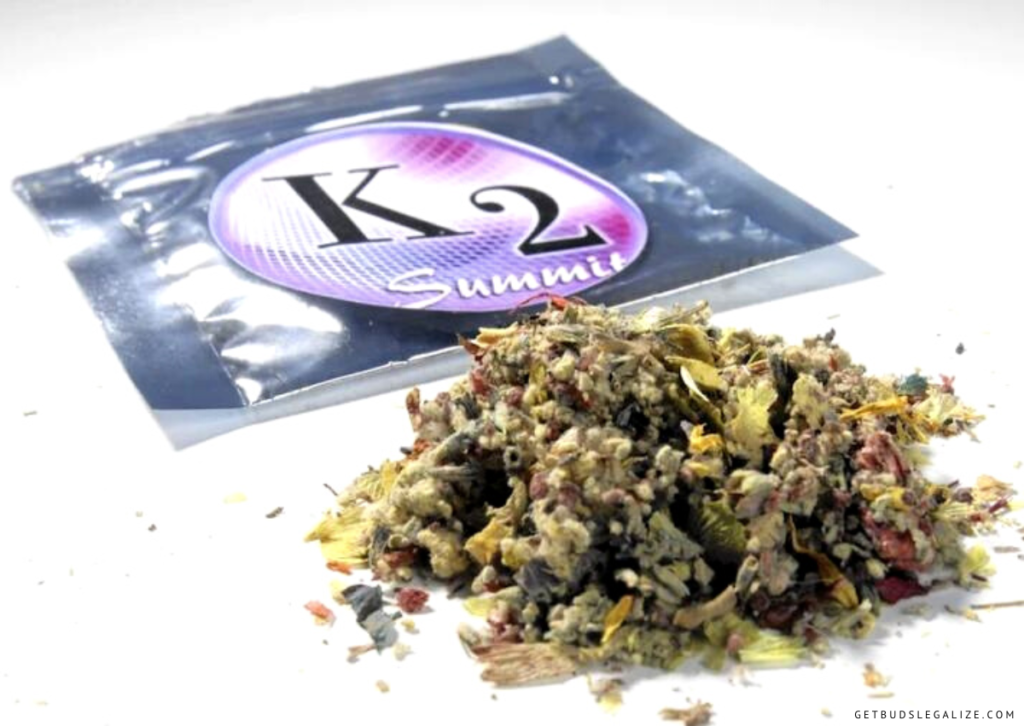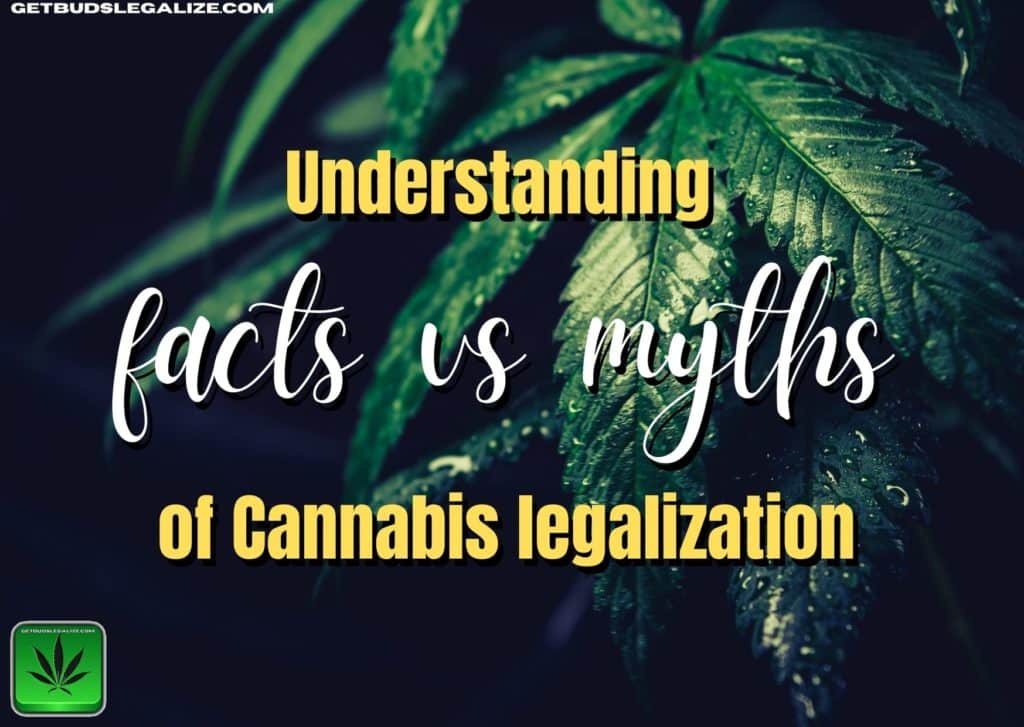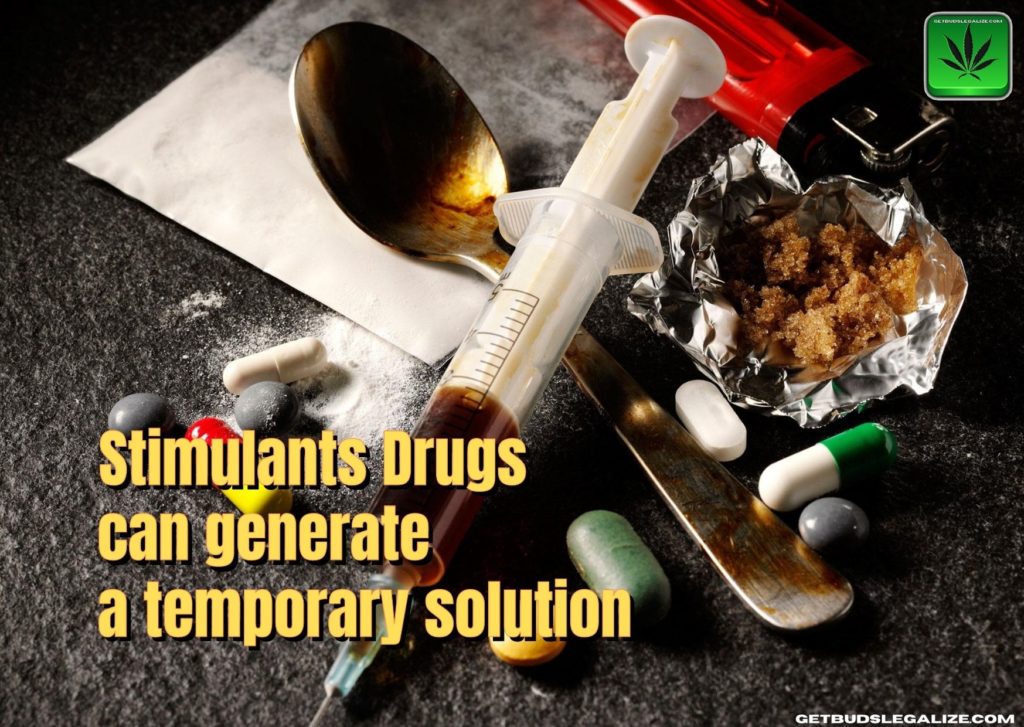What Are Synthetic Cannabinoids and What Are Their Effects?
If you have ever heard of synthetic marijuana, Spice, K2, or fake weed, you may be wondering what these substances are and how they affect your health. In this blog post, we will explain what synthetic cannabinoids are, how they differ from natural cannabis, and what are the potential risks of using them.
What Are Synthetic Cannabinoids?
Synthetic cannabinoids are a class of human-made chemicals that mimic the effects of cannabis, the plant that produces marijuana. They are also known as synthetic marijuana, Spice, K2, or fake weed. However, these names are misleading because synthetic cannabinoids are very different from natural cannabis and can have unpredictable and harmful effects on the body and mind.
Synthetic cannabinoids are not derived from cannabis plants but are synthesized in laboratories. There are many different types of synthetic cannabinoids, each with a different chemical structure and potency. Some of the most common synthetic cannabinoid families are AM-xxx, CP-xx, xxx, HU-xx, and JWH-xxx, which are named after their creators or laboratories.
Synthetic cannabinoids are sprayed on dried plant material or sold as liquids that can be vaporized or added to other substances. They are often marketed as herbal incense, potpourri, or aromatherapy products that are not intended for human consumption. However, some people use them to get high because they can produce effects similar to cannabis, such as relaxation, euphoria, altered perception, and increased appetite.
How Does Synthetic Marijuana Affect The Brain and Body?

Some of the effects of synthetic cannabis can worsen with frequent usage and might include:
- Reduced or elevated blood pressure: Synthetic cannabis can affect the cardiovascular system and cause changes in blood pressure that can increase the risk of heart problems or stroke.
- Nausea and vomiting: Synthetic cannabis can cause gastrointestinal distress and make users feel sick or throw up.
- Rapid heart rate or heart palpitations: Synthetic cannabis can stimulate the heart and cause it to beat faster or irregularly, which can lead to chest pain or cardiac arrest.
- Profuse sweating: Synthetic cannabis can raise the body temperature and cause excessive sweating, dehydration, and heat stroke.
- Seizures: Synthetic cannabis can affect the nervous system and cause convulsions or loss of consciousness.
- Kidney damage: Synthetic cannabis can damage the kidneys and cause acute kidney injury or failure, which can require dialysis or transplantation.
- Chest pains: Synthetic cannabis can cause chest discomfort or pain that can indicate a heart attack or other serious condition.
- Muscle spasms: Synthetic cannabis can cause involuntary muscle contractions or twitching that can interfere with movement or speech.
- Headaches: A common side effect that can range from mild to severe.
What Are The Behavioral Changes Due to The Use of Synthetic Cannabis?
Synthetic cannabis can also affect the behavior and health effects of users. Some of the behavioral changes that synthetic cannabis can induce are:
- Physical aggression: Synthetic cannabis can make users more violent or hostile towards others, which can lead to fights or injuries.
- Extreme bouts of hyperactivity: It can make users more energetic or restless, which can cause them to act impulsively or recklessly.
- Sudden and unusual lethargy: It can make users more tired or sleepy, which can affect their performance or safety.
- Unprovoked angry outbursts: It can make users more irritable or angry, which can cause them to lash out at others for no reason.
What Are The Possible Effects on Chronic Users?

Chronic users have higher rates of comorbidity with depression and psychotic symptoms. These effects can cause feelings of detachment from one’s body and one’s surroundings. While the initial results of synthetic cannabis can cause euphoria and a sense of well-being, they can quickly turn into psychosis and a host of other effects not expected by those who misuse this drug, such as:
- Paranoia: A feeling of extreme suspicion or fear that others are out to harm or deceive them, which can make them distrustful or isolated.
- Confusion: A state of mental disorientation or uncertainty that can impair memory or reasoning.
- Depersonalization: A feeling of being detached from one’s own body or identity, which can make them feel unreal or alienated.
- Hallucinations: A perception of something that is not there, such as seeing, hearing, smelling, tasting, or feeling things that do not exist.
- Delusion: A false belief that is firmly held despite evidence to the contrary, such as thinking that they have special powers or are being controlled by others.
- Disorientation: A loss of sense of time, place, or situation, which can make them unaware of their surroundings or actions.
- Elevated moods: A feeling of extreme happiness or euphoria that is disproportionate to the situation, which can make them overconfident or reckless.
- Extreme anxiety: A feeling of intense nervousness or fear that is overwhelming and debilitating, which can make them panic or avoid certain situations.
- Extreme depressive episodes: A feeling of extreme sadness or hopelessness that is persistent and severe, which can make them lose interest in life or harm themselves.
- Psychosis: A severe mental disorder that affects the way a person thinks, feels, and behaves, which can make them lose touch with reality.
Are Synthetic Cannabinoids Addictive?
Yes, synthetic cannabinoids can be addictive. People who use them regularly can develop tolerance (needing more of the drug to get the same effect) and dependence (experiencing withdrawal symptoms when stopping the drug).
People who are addicted to them may have difficulty quitting or reducing their use despite experiencing negative consequences. They may also spend a lot of time and money obtaining and using synthetic cannabinoids, neglecting other responsibilities or interests.
Are Synthetic Cannabinoids Legal?
The legal status of synthetic cannabis varies depending on the country and jurisdiction. In some places, they are illegal under specific laws that ban certain chemicals or products. In other places, they are illegal under general laws that ban any substance that mimics the effects of controlled drugs.
However, some manufacturers try to evade these laws by changing the chemical structure or labeling of synthetic cannabis, creating new and unregulated products. Therefore, their legal status can change rapidly and unpredictably. It is important to check the current laws and regulations before using or possessing synthetic cannabis.
What Are The Risks and Harms of Using Synthetic Cannabinoids?

Using synthetic cannabis can pose serious risks and harm to the user and others. Some of the risks and harms include:
- Overdose: can cause life-threatening overdose symptoms such as severe bleeding, organ failure, coma, and death. There is no antidote for synthetic cannabinoid overdose and treatment is supportive and symptomatic.
- Poisoning: can contain toxic substances such as rat poison, heavy metals, or opioids that can cause severe poisoning and complications.
- Injury: can impair judgment, coordination, and reaction time, increasing the risk of accidents, injuries, and violence.
- Social consequences: can affect relationships, education, work, and mental sanity. Using synthetic cannabinoids can lead to isolation, stigma, discrimination, or loss of support from family, friends, or community.
How Can Synthetic Cannabis Use Be Detected and Treated?
Synthetic cannabis use can be detected by specialized drug tests that look for specific chemicals or metabolites in urine, blood, saliva, or hair samples. However, these tests are not widely available or reliable, and they may not detect all types of synthetic cannabinoids.
Their use can also be detected by observing the signs and symptoms of intoxication or withdrawal, such as altered behavior, mood, or physical appearance.
Synthetic cannabis use can be treated by various methods depending on the needs and preferences of the user. Some of the treatment options include:
- Detoxification: This involves stopping or reducing their use and managing the withdrawal symptoms with medical supervision and support.
- Medication: This involves using medication to ease the withdrawal symptoms, reduce cravings, or treat co-occurring physical or mental health conditions.
- Counseling: This involves talking to a professional therapist or counselor to address the underlying causes and consequences of synthetic cannabinoid use, develop coping skills, and prevent relapse.
- Support groups: This involves joining a group of people who share similar experiences and challenges, and who offer mutual support and encouragement.
- Rehabilitation: This involves staying in a residential facility that provides intensive and comprehensive treatment for synthetic cannabinoid use and co-occurring conditions.
Now That You Understand How Dangerous They Are, Do You Still Want to Try Them?
Synthetic cannabis is a dangerous and unpredictable substance that can have serious and long-lasting consequences for the brain and body. It is designed to circumvent legal restrictions on cannabis, making it an illegal or controlled substance in many countries. It’s important to avoid using and seek help if you or someone you know is struggling with synthetic cannabis use disorder.
FAQs
No, they are “not natural”. They are human-made chemicals that mimic the effects of natural cannabinoids, such as THC, found in the cannabis plant. However, they have different chemical structures and may be much more potent and unpredictable than natural cannabinoids.
Synthetic-cannabinoids are often sprayed on dried plant material or sold as liquids to be vaporized or smoked. They are sometimes marketed as herbal incense or synthetic marijuana, but they are not safe or legal alternatives to cannabis.
Some people use them to avoid detection by drug tests, to experience a stronger or different high than natural cannabis, or to access a cheaper or more readily available alternative to cannabis.
It can be difficult to tell if someone is using synthetic cannabis, because they may not show up on standard drug tests. Some signs that someone may be using synthetic cannabinoids include:
- Acting strangely or out of character
- Having red eyes or dilated pupils
- Having trouble speaking or concentrating
- Being agitated or aggressive
- Having mood swings or anxiety
- Experiencing hallucinations or delusions
- Having physical symptoms such as nausea, vomiting, sweating, or tremors
If you suspect that someone is using synthetic cannabis, you should try to help them stop. Synthetic cannabis can be very dangerous and unpredictable, and there is no antidote for them. You should:
- Talk to them calmly and respectfully
- Express your concern and offer your support
- Encourage them to seek help from a doctor
- Avoid arguing or judging them
- If they have an overdose or a bad reaction, call 911 or seek emergency medical attention
Yes, you can overdose on synthetic cannabis. Overdose occurs when a person uses too much of a drug or a combination of drugs and experiences harmful or life-threatening effects.
Synthetic cannabinoid overdose can cause symptoms such as severe bleeding, organ failure, coma, and death. There is no antidote for synthetic cannabis overdose and treatment is supportive and symptomatic. If you suspect someone has overdosed on it, call 911 or seek emergency medical attention immediately.
Synthetic cannabis can cause a variety of psychological and physical effects, such as euphoria, relaxation, altered perception, anxiety, paranoia, psychosis, hallucinations, agitation, confusion, memory loss, increased heart rate, increased blood pressure, chest pain, nausea, vomiting, seizures, tremors, muscle damage, kidney damage, stroke, death.
Synthetic cannabis is not safe to use. It can cause serious health problems, such as rapid heart rate, high blood pressure, nausea, vomiting, seizures, hallucinations, paranoia, and even death. It can also be addictive and cause withdrawal symptoms when stopped.
Synthetic cannabis is illegal in many countries, including the United States, Canada, Australia, and most of Europe. However, some manufacturers try to evade the law by changing the chemical structure of their products or labeling them as “not for human consumption”. This makes it hard to detect and regulate them.
Synthetic cannabis use disorder is a condition where a person becomes dependent on synthetic cannabinoids and experiences withdrawal symptoms when they stop using them.
Synthetic cannabis use disorder can have various symptoms, such as:
- Anxiety
- Depression
- Irritability
- Insomnia
- Cravings
- Headaches
- Nausea
- Tremors
These symptoms can also affect the person’s mental and social well-being. They may develop other mental health issues like depression or anxiety. They may isolate themselves from their friends and family or act aggressively towards them. They may lose trust and connection with their loved ones as they struggle with addiction.
ILGM Fertilizer

- From seedling to harvest, give your plants everything they need.
- Enough for feeding at least 5 plants.
- Discounted Package Deal
- Works well in soil, hydroponics, and other growing mediums.
- The best way to treat your plants
ILGM Plant Protector

- Protect your cannabis from diseases and harmful pests.
- Contains three 20 ml bottles.
- Enough supplies to protect 20 plants.
- It can be used in soil, hydroponic, and all other growing mediums.

















